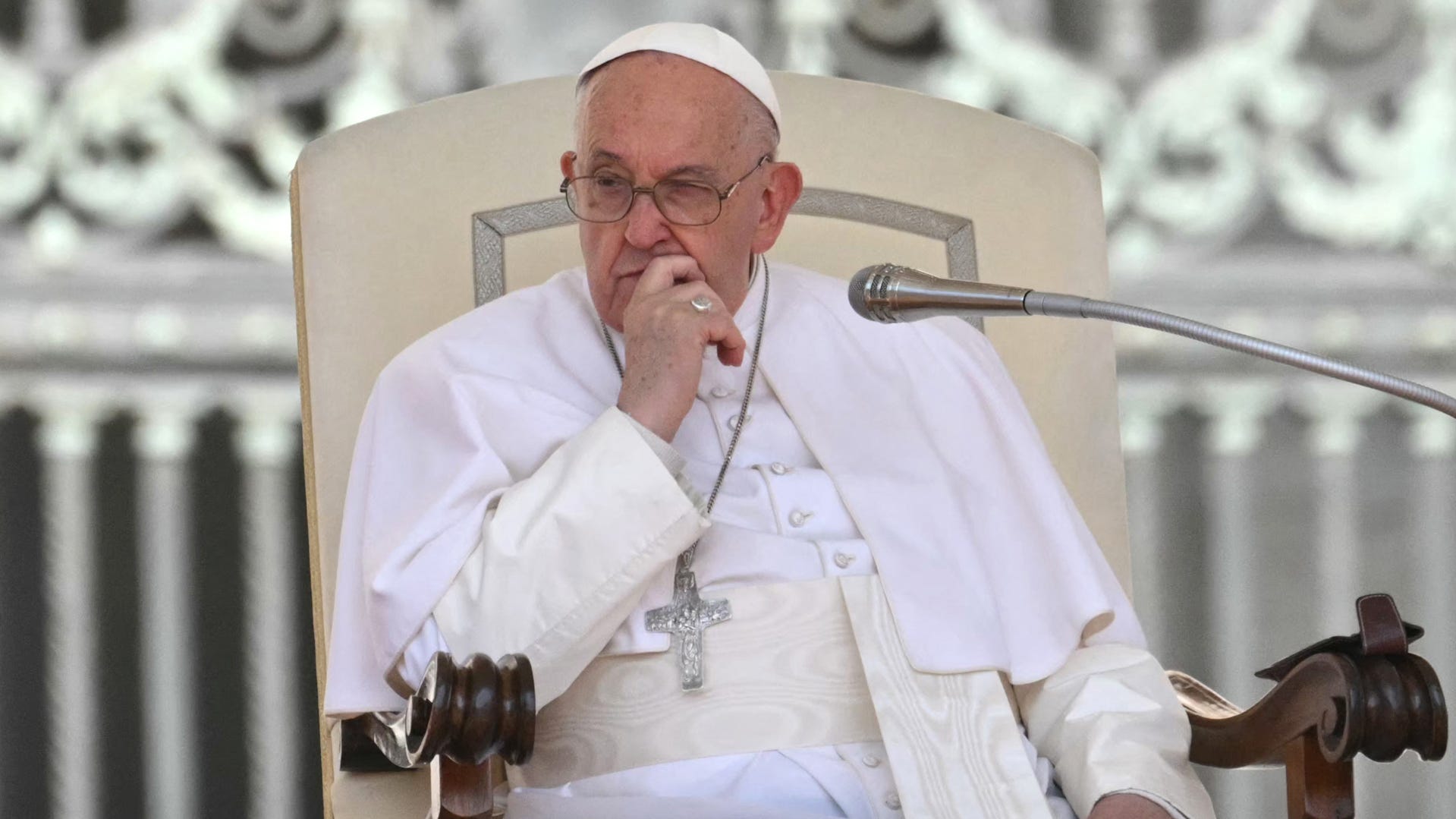What is a polymicrobial infection? What to know about Pope Francis' condition

Doctors are treating Pope Francis for a “polymicrobial infection” of his respiratory tract in what they are describing as a a “complex clinical situation” that will require the pontiff to remain hospitalized.
The 88-year-old pope was first admitted to the Policlinico Agostino Gemelli hospital on Friday for tests and bronchitis treatment after reports that he had struggled to speak during public appearances in days prior. The Vatican first reported that the pope had bronchitis on Feb. 6.
Here’s what we know about his condition.
What is a polymicrobial infection?
Polymicrobial infections are caused by multiple pathogens, including bacteria, fungi or parasites. These infections can cause both chronic and short-term diseases.
They occur when one microorganism in someone's system makes a person susceptible to a second infection by different microorganism or when two pathogens together cause a disease, according to the National Institutes of Health.
The Vatican said news of the polymicrobial infections has led doctors to change the pontiff's treatment. They did not specify, however, whether the pope’s infection is bacterial or viral. A bacterial infection could be treated with antibiotics, whereas a viral infection would likely need to run its course.
What is Pope Francis' health history?
Pope Francis underwent surgery as a young adult in 1957 to remove a portion of his lung after he suffered a respiratory infection in his home country of Argentina.
He has suffered from several illnesses since he was elected in 2013, including hospitalizations for flu-like symptoms at this time last year, bronchitis in March 2023 and a nine-day stay in June 2023 for abdominal surgery to repair a hernia.
The pope occasionally uses a walker or wheelchair at public appearances. He also recently suffered from two falls in December and January.
Contributing: Jeanine Santucci, Paste BN; Reuters